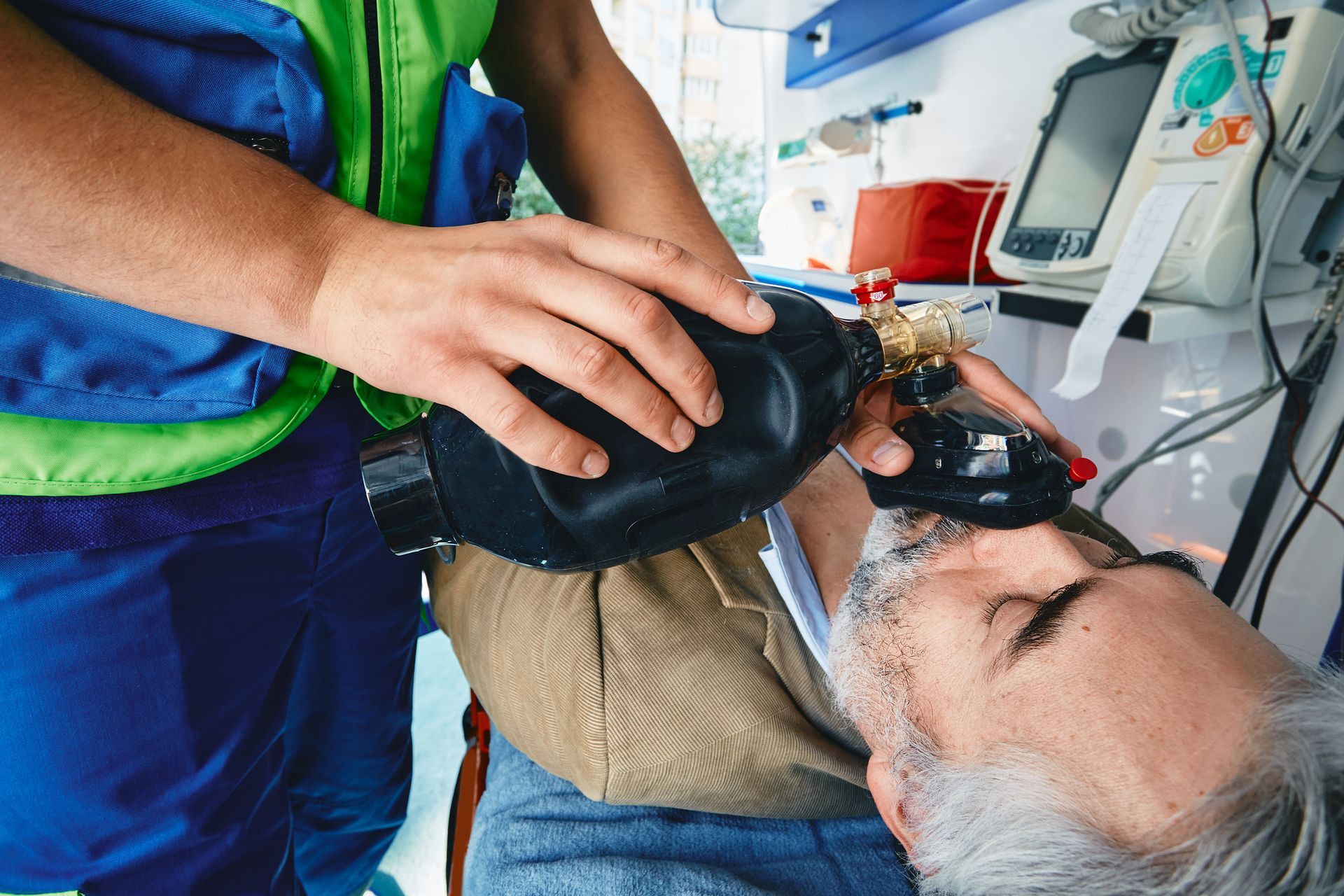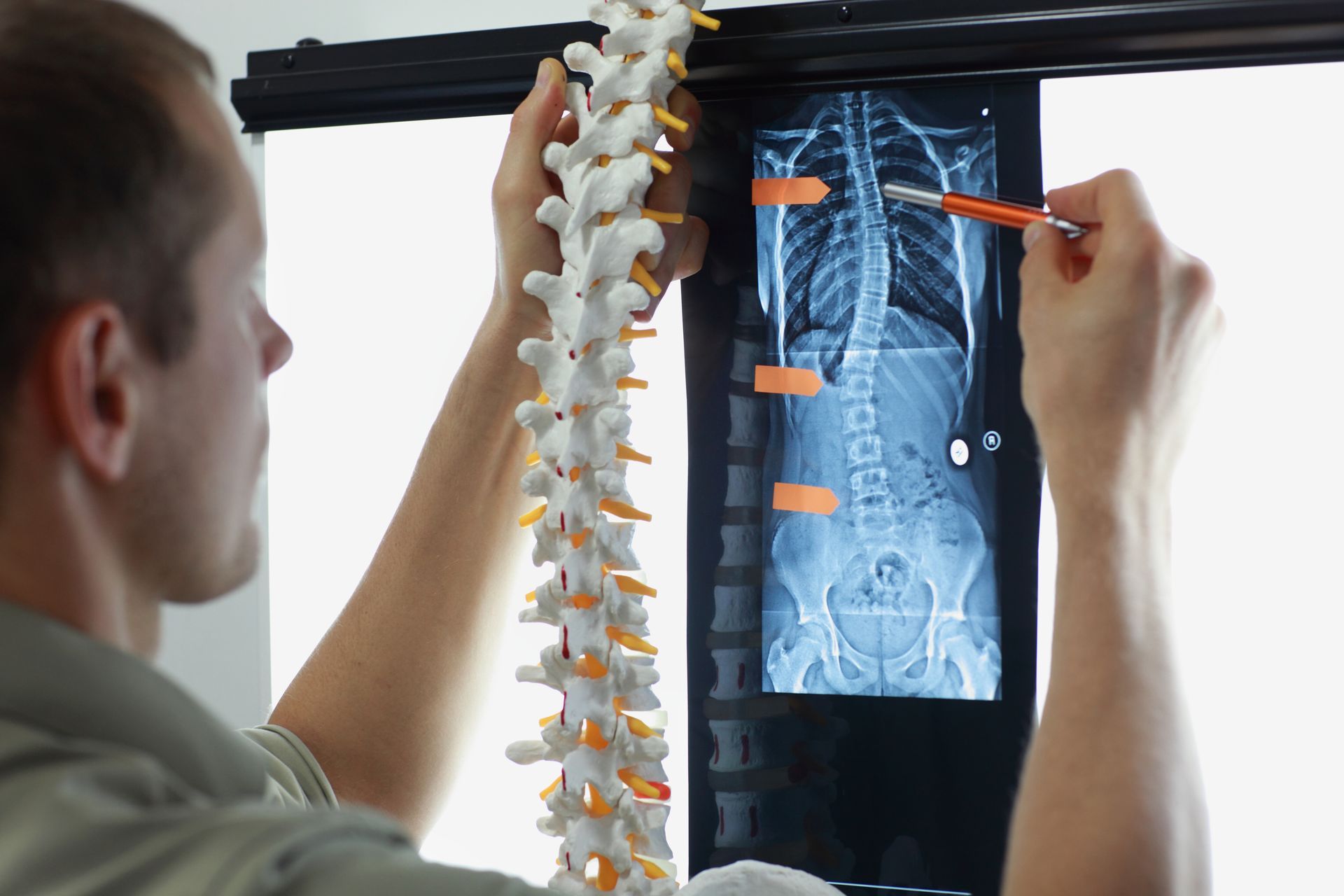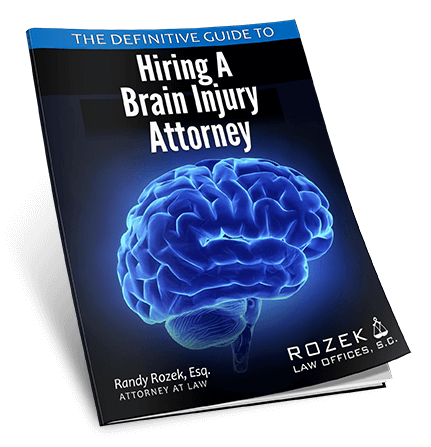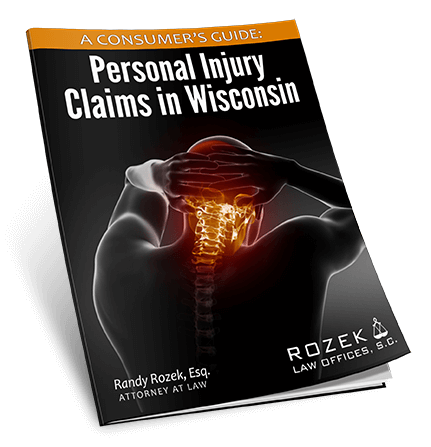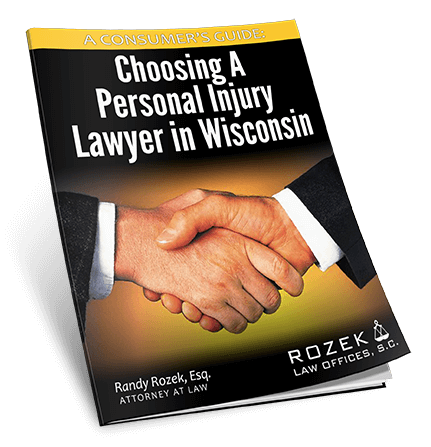Brain Researcher Says Kids Shouldn’t Play Contact Sports
A brain researcher who works at Boston University says children and young adults should not participate in contact sports such as football, according to an article in the Washington Post.
Ann McKee is the director of the Boston University CTE Center, which spends a lot of their time examining brain disease that’s found in people with a history of traumatic brain injury.
Read More: Wisconsin Brain Injury Lawyer
“The center is studying chronic traumatic encephalopathy in football players and other people. CTE is a brain disease found in people with a history of brain trauma, or blows to the head. CTE can cause a person to be confused and to have problems with memory and anger control,” the article reads. “As of now, there is no way to diagnose the disease while a person is living. Researchers are able to study CTE because people have donated their brains for testing after they have died.”
McKee says in the article that the CTE Center examines the brain thoroughly, which can take a few months. The center also interviews the donor’s family to find out all they can about the donor — for example, what sports he/she played and for how long.
The CTE Center has examined 310 brains, mostly from former football players, but also from people who have played hockey, rugby, soccer and other contact sports. McKee said after all the examinations the center performs, it’s the researcher’s professional opinion that head trauma is what causes CTE.
“ But you do not have to have a concussion to get CTE,” McKee said in the article. “CTE can be caused by smaller hits to the head over time. Twenty percent of the people who we found had CTE had never had a reported concussion.”
McKee goes on to explain that playing professional football or other contact sports makes it more likely that a person will suffer from CTE.
“ More than 95 percent of the NFL players — 90 of 94 players — whom we have examined had CTE,” McKee says in the article. “While we often receive brains of ex-players who had been showing signs of memory loss and other brain-related problems, these percentages are so high that CTE cannot be rare in professional football.”
In fact, the center has examined 58 former college football players who never played professionally and found that 48 of them (83 percent) had CTE.
“ We have found indications of CTE in the brain of a high school football player who was 17-years-old,” she said. “Kids’ brains are developing. Their heads are a larger part of their body, and their necks are not as strong as adults’ necks. So kids may be at a greater risk of head and brain injuries than adults. I would advise kids not to play any sports, such as tackle football, where they are exposed to repeated blows to the head.”


